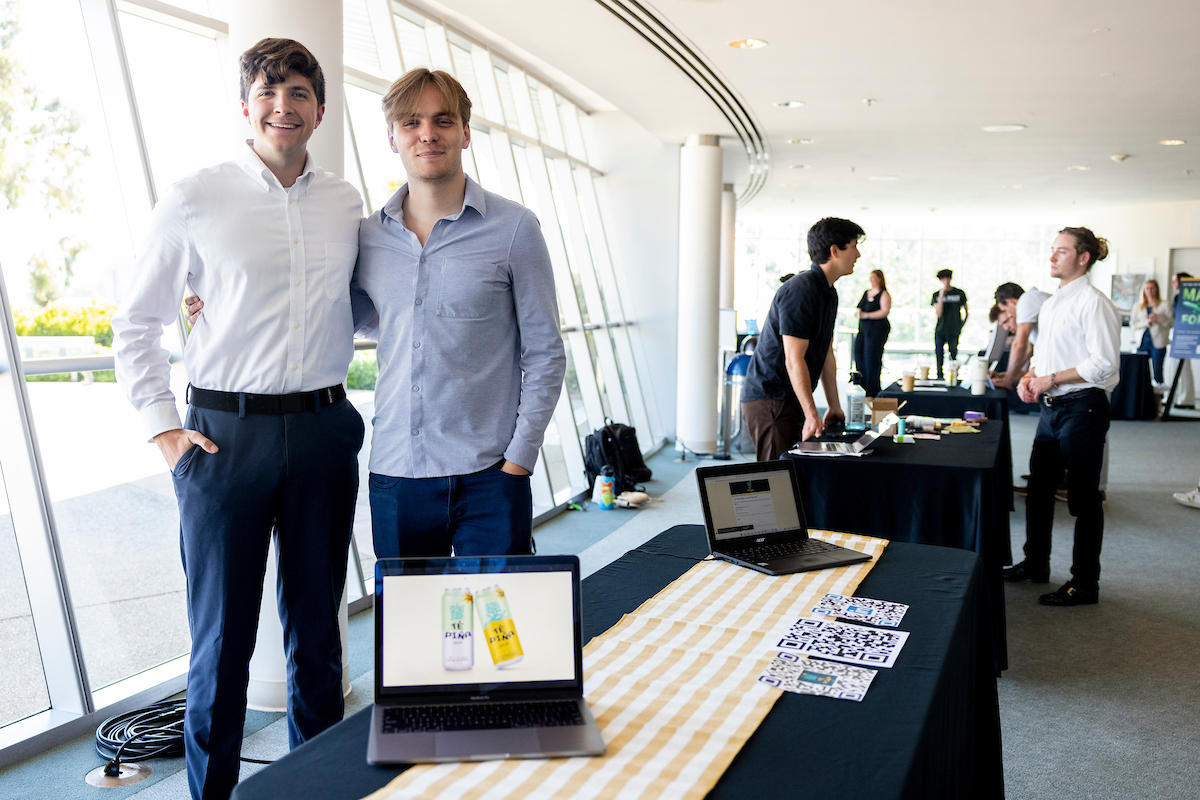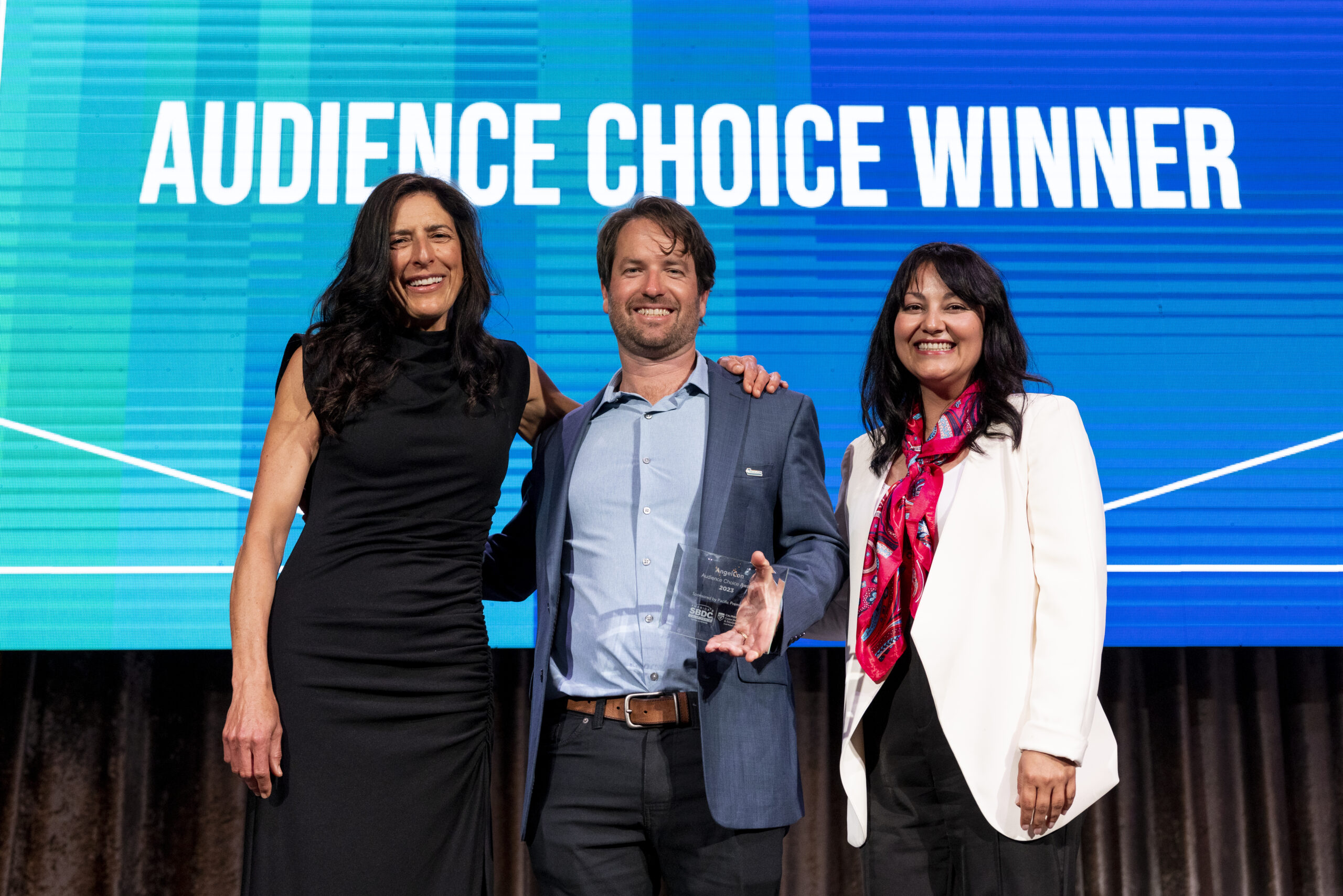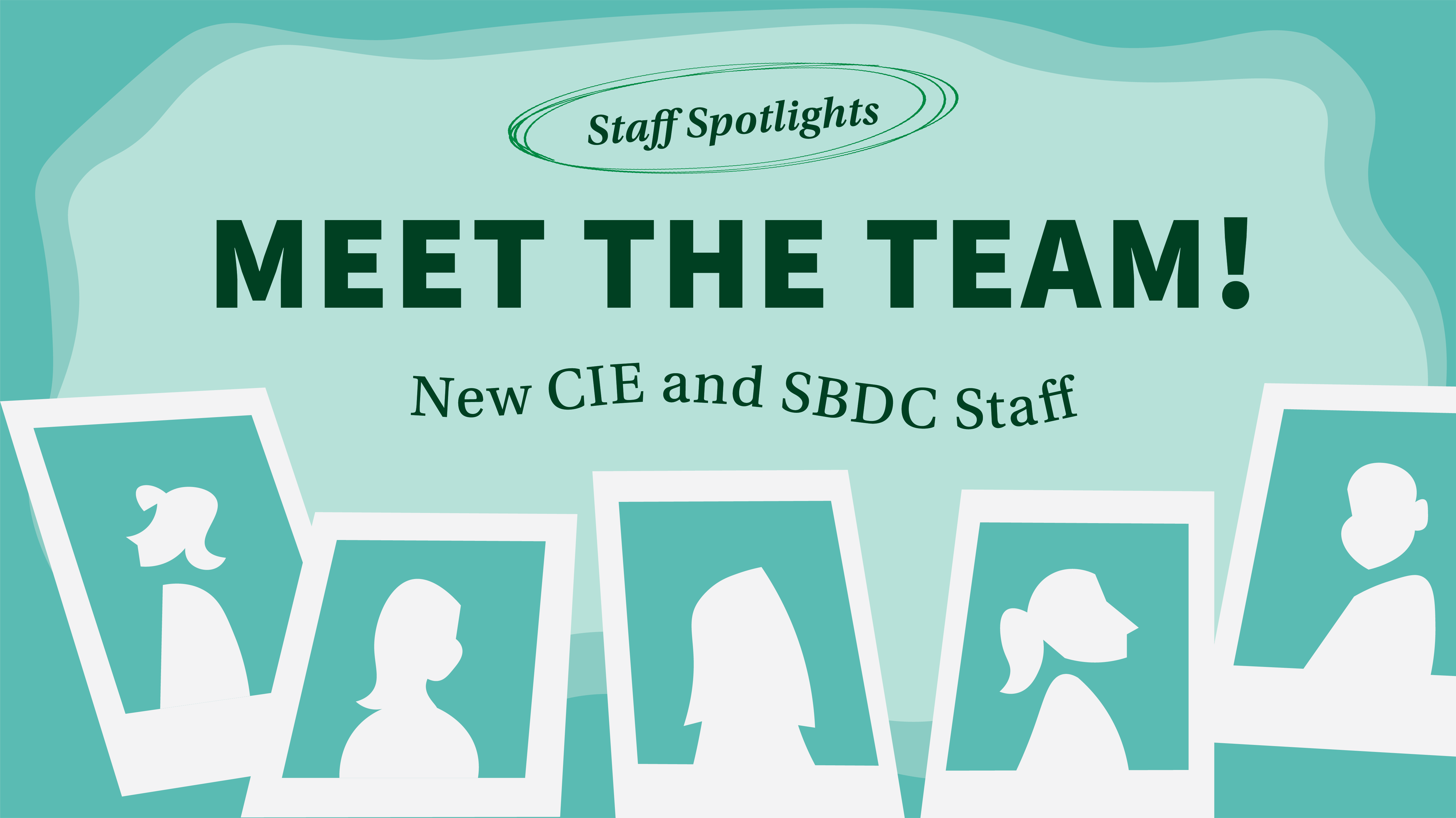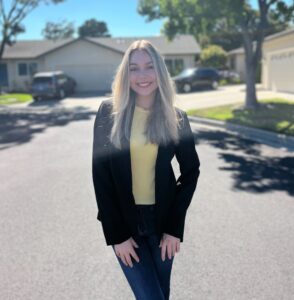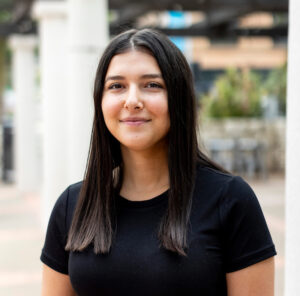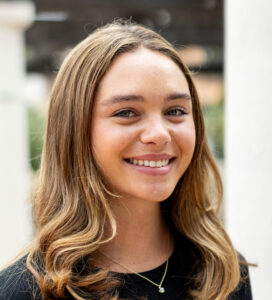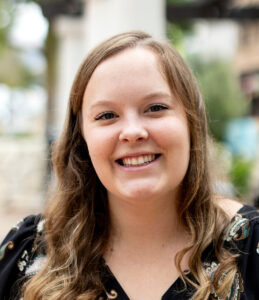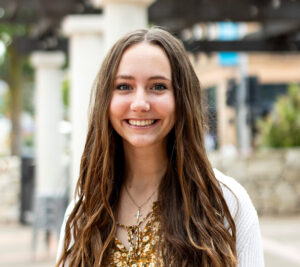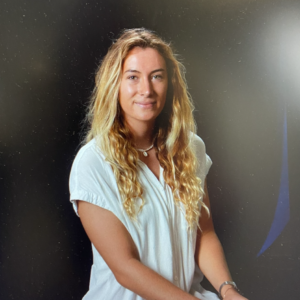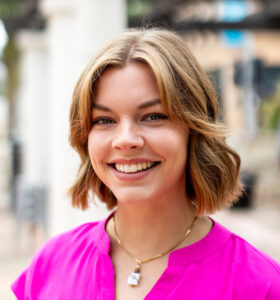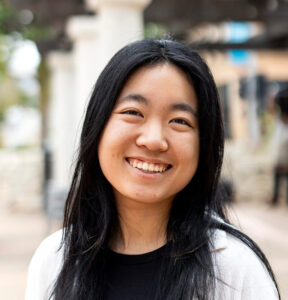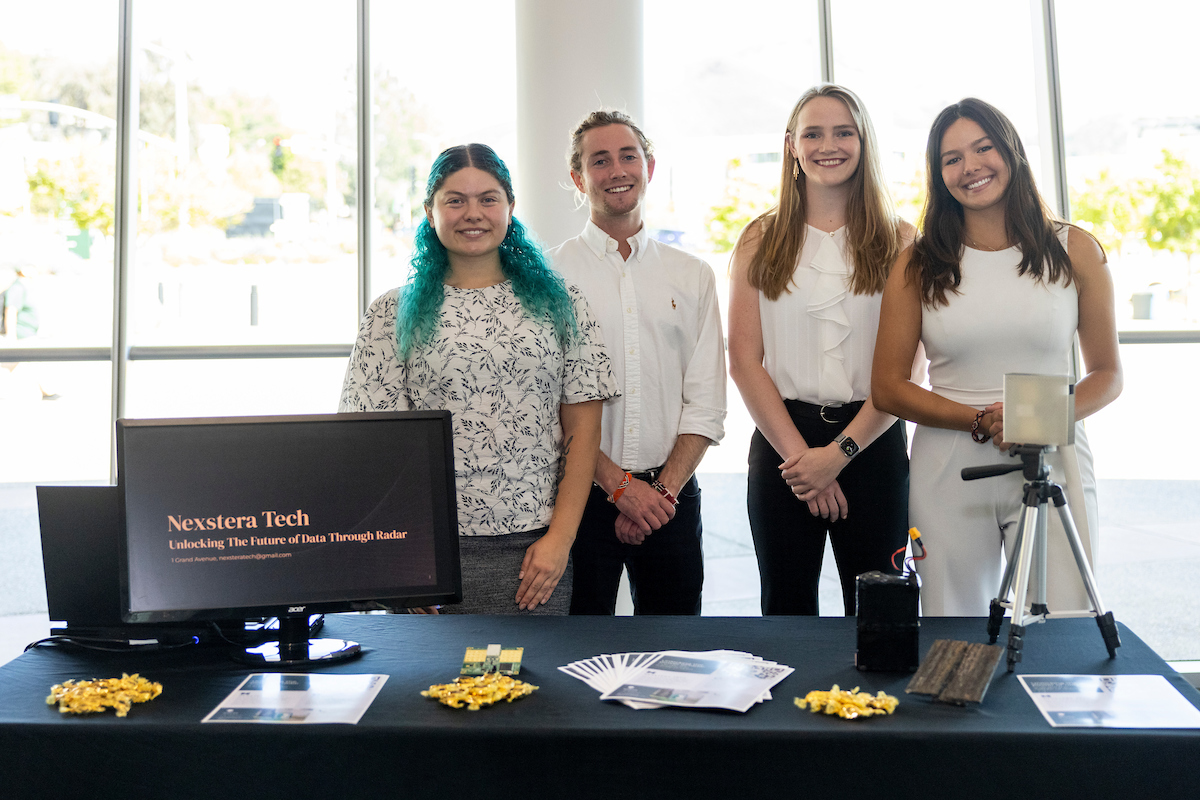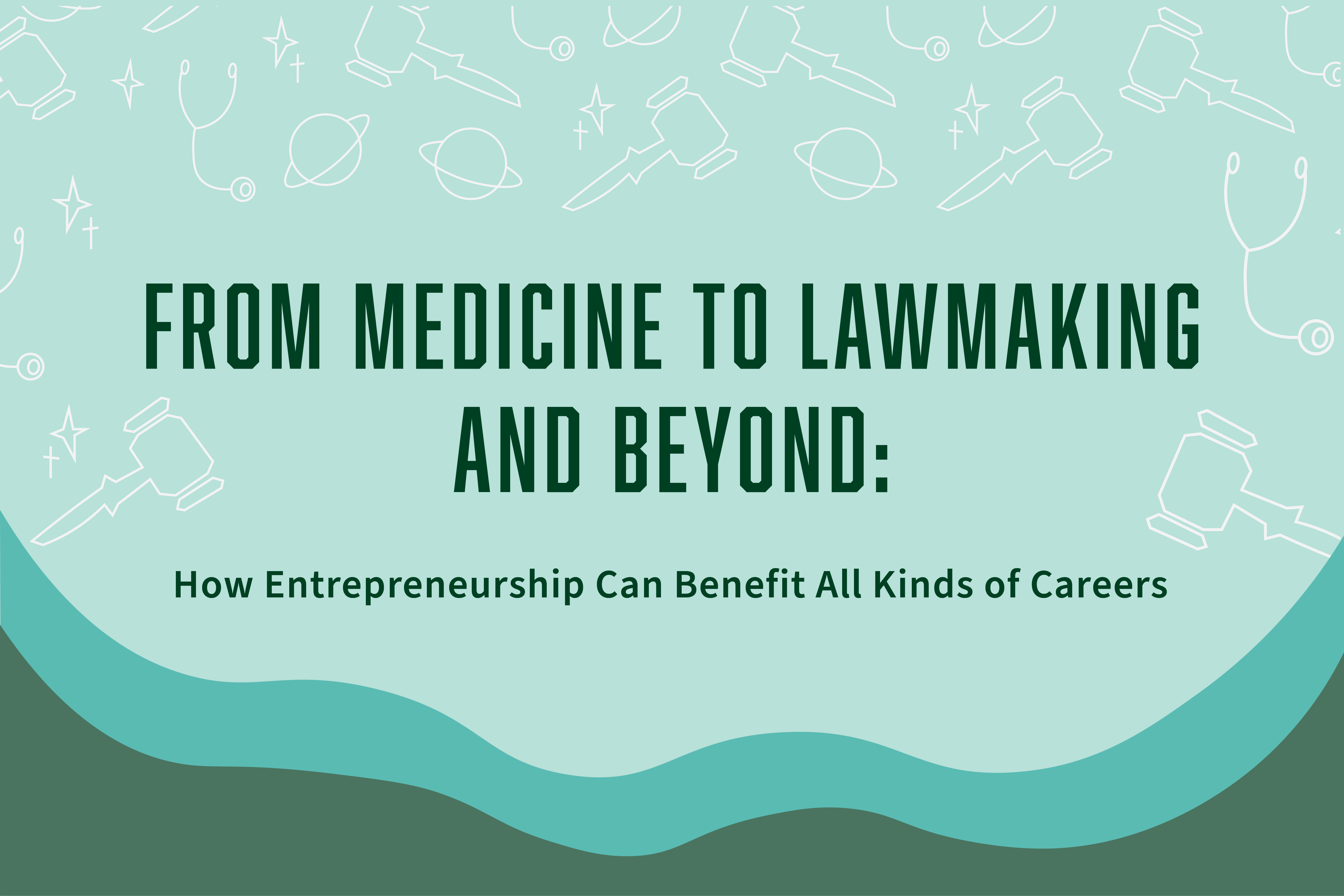Cal Poly startup streamlines the event-planning process for the vendor and the customer
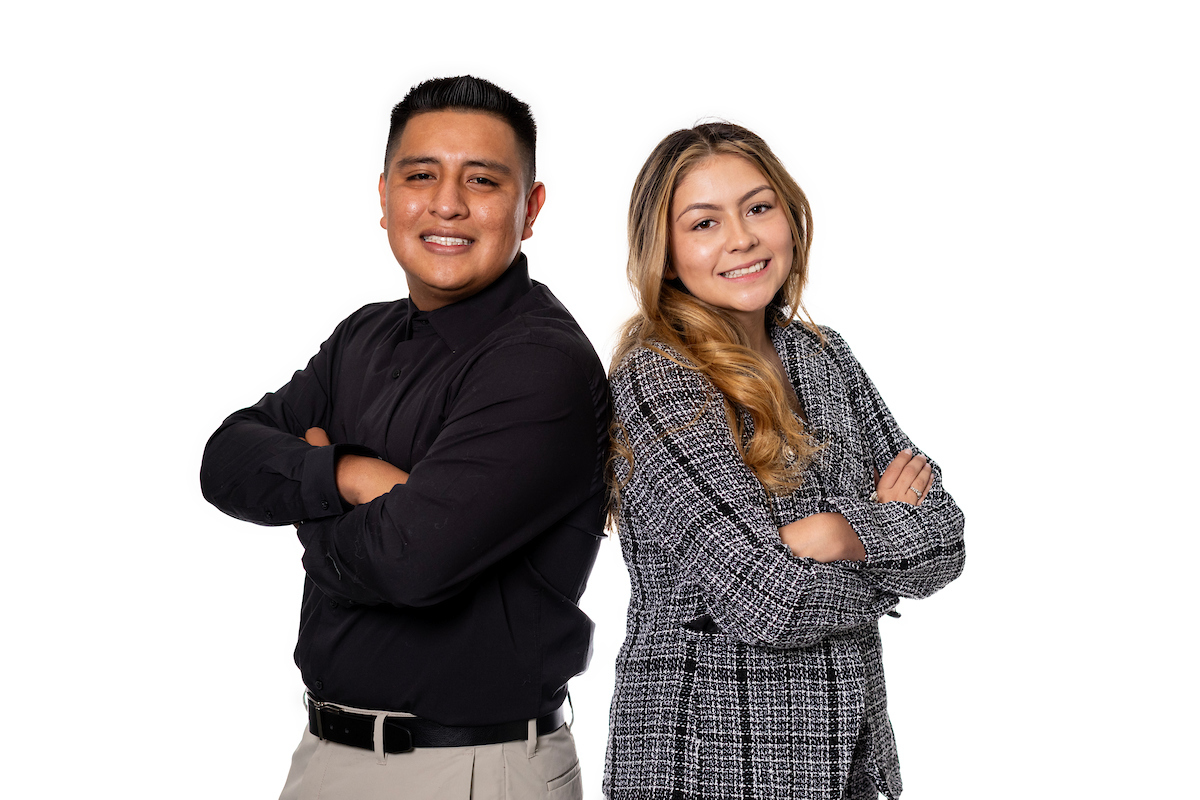
At 15 years old, computer science senior Luis Guzman was offered a unique opportunity to work in a party rental company for his uncle. From there, he used the money he earned to create his own mechanical bull rental business.
Although hard work, Guzman enjoyed running his own company. He was so passionate about it that he encouraged his friend and now co-founder, Maricela Carrillo, to start her own business as well.
Carrillo, a mechanical engineering senior, took Guzman’s advice and created a photo booth rental company. After three months, her business took off.
“As I started to take on more clients, I saw first-hand how messy communication with them could get,” Carrillo said. “Being a small business vendor, there was no way for me to upscale.”
Coincidentally, Guzman approached Carrillo with the same issues. Their businesses were spreading solely through word of mouth, it was hard to establish a customer base and the resources needed to grow their business were expensive. This made expanding very difficult, they said.
Despite desperate attempts to find a solution to their rental business problems, they came out empty-handed. So, Guzman and Carrillo created their own answer, PlanForMí.
PlanForMí is a startup that leverages artificial intelligence (AI) to simplify the event-planning process by easily connecting local vendors and customers.
Their startup is tackling two big issues in the event-planning world: small vendors’ inability to grow because of limited ways to promote their company and customers struggling to find reliable vendors while staying within their budget.
Guzman and Carrillo have spoken to various planners, directors, and coordinators of events to gain insights into their event-planning process. They all mentioned how difficult it is to find vendors because there is no singular platform that compiles various vendors together.
PlanForMí streamlines the search for vendors, allowing customers to easily read reviews and compare options that are in their price range. It also provides a platform for vendors to scale their business by putting them in touch with new clients.
What makes Guzman and Carrillo uniquely able to run their startup is their own experience in the event planning industry, they explained.
“We’re not coming from a business background, we’re coming from our own personal vendor experience,” Carrillo said.
Guzman started developing the idea for their startup in his Interdisciplinary Entrepreneurial Senior Design Project course (ENGR 465) class. He then joined the Cal Poly Center for Innovation & Entrepreneurship (CIE) Hatchery, an incubator program that gives students hands-on experience launching a company and mentorship to develop their entrepreneurial skills.
Guzman said the Hatchery provided him with many resources as well as introduced him to the CIE Innovation Quest (iQ). iQ encourages entrepreneurs to pursue their innovative ideas and helps with the funding needed to launch their business.
Guzman and Carrillo participated in iQ 2023. Although they did not win, Guzman described it as a “great experience.”
“It was the first time we were getting feedback on our business model and on our target audience. It really helped us grow this idea,” Guzman said.
Determined to apply their feedback and continue developing their idea, Guzman and Carrillo applied to the CIE Summer Accelerator, a 13-week program that gives entrepreneurs $10,000 in funding and other resources to help build their business.
PlanForMí was one of the eight teams accepted to the program.
“The CIE has really helped solidify what direction our business model needs to take in order to thrive,” Guzman said.
As an engineering major, Carrillo said that the CIE has helped her gain a better understanding of the business world. Just six weeks into the program, she said she has already grown “exponentially fast.”
Through the Summer Accelerator, Guzman and Carrillo want to continue their customer development and eventually expand across California.
The co-founders are excited to build a community between customers and vendors and make planning events just as enjoyable as the events themselves.
“It’s more than just an event planning industry. It is a community where event planners and vendors can depend on each other and at the very end, we’re helping each other’s businesses grow,” Guzman said.
PlanForMí, along with the rest of the 2023 Summer Accelerator cohort, will pitch their startup and showcase their progress at Demo Day, on Sept. 8 at 4 p.m. at SLO Brew Rock. Tickets are available here.

